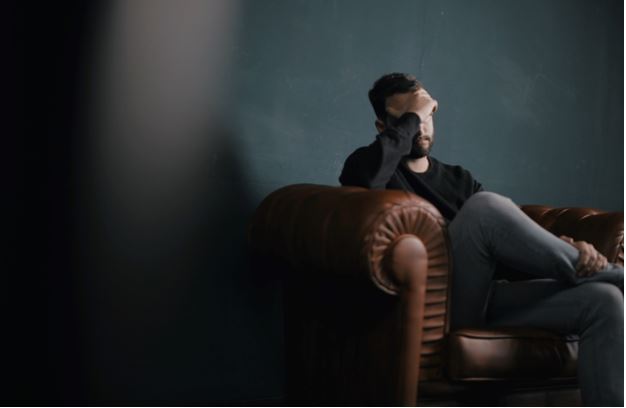Mental health is a crucial aspect of overall well-being. However, due to long-standing stigma and societal barriers, mental health concerns have been largely ignored or misunderstood by many individuals. This is where mental health counselors step in – as the silent heroes at the forefront of wellness. They are trained professionals who provide mental health support and therapy to individuals, families, and communities. Their role is crucial in breaking down barriers and promoting mental well-being.
The Importance of Mental Health Counselors
Mental health counselors play a critical role in our society. They are well-equipped to address a variety of mental health issues, including depression, anxiety, trauma, addiction, and more. They work closely with individuals to identify and understand their concerns, provide support, and help them develop coping strategies.
Mental health counselors also play a vital role in preventing mental health issues from developing or worsening. By providing early intervention and support, they can help individuals build resilience and improve their overall well-being.
Breaking the Stigma
One of the major barriers to seeking mental health support is the stigma surrounding mental illness. This stigma often leads to feelings of shame and embarrassment, causing individuals to hide their struggles and avoid seeking help.
Mental health counselors work tirelessly to break down this stigma by promoting awareness and understanding of mental health. Through education and advocacy, they aim to create a more accepting and supportive environment for those struggling with mental health concerns.
The Therapeutic Relationship
The therapeutic relationship between a mental health counselor and their client is built on trust, empathy, and understanding. This relationship allows individuals to feel safe and supported as they navigate their mental health journey.
Mental health counselors use evidence-based therapies, such as cognitive-behavioral therapy (CBT) or mindfulness-based techniques, to help individuals address their concerns and develop healthy coping mechanisms. Through this process, individuals can gain a deeper understanding of themselves and build the necessary skills to improve their mental well-being.
The Need for Mental Health Counselors
With the growing awareness and acceptance of mental health concerns, the demand for mental health counselors continues to rise. According to the National Institute of Mental Health, one in five adults in the United States experiences a mental health disorder each year. This high prevalence highlights the need for trained professionals who can provide support and guidance to those struggling with mental illness.
Additionally, mental health counselors are essential in addressing the mental health crisis that has arisen due to the COVID-19 pandemic. With increased stress, isolation, and uncertainty, individuals may be experiencing higher levels of anxiety and depression. Mental health counselors are equipped to support these individuals and help them cope with the challenges they face.
How to Support Mental Health Counselors and Advocacy Efforts
Supporting mental health counselors and advocacy efforts is crucial in continuing the progress toward mental wellness and accessibility to care. An effective way to bolster their work involves promoting and utilizing specialized software for mental health professionals. This type of software can streamline administrative tasks, manage patient records securely, and facilitate more efficient communication between counselors and clients.
Aside from technological support, advocating for increased access to mental health services and reducing the stigma surrounding mental illness are also important ways to support mental health counselors. By promoting understanding and acceptance, we can create a more supportive environment for those seeking help.
Conclusion
Mental health counselors are essential members of our communities, working tirelessly to promote wellness and break down barriers to care. As we continue to prioritize mental health, it is crucial to recognize and support the vital work of these silent heroes. By acknowledging their contributions and advocating for increased access to mental health services, we can work towards a healthier and more inclusive society for all.


